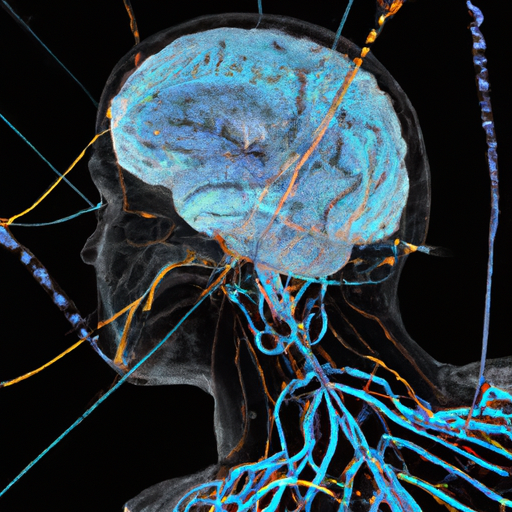Decoding The Opioid Crisis: New Insights on Neural Connection in Opioid Withdrawal
Amidst the deadly opioid crisis that has gripped Canada in recent years, promising research from the University of Calgary hopes to help us better understand the complex dynamics of opioid dependence and withdrawal. This understanding can inform and strengthen the existing Canadian opioid abatement class action with solid scientific grounding. A fascinating piece of research tracking the specifics of opioids interactions with the central nervous system has surfaced, generating significant interest from civic and community leaders.
The Canadian Opioid Crisis: A Background
The opioid crisis has emerged as an alarming public health emergency in Canada, particularly in Calgary. Broadly characterized by an unprecedented surge in opioid overdoses and associated fatalities, the crisis has primarily stemmed from the misuse of prescription opioid drugs, as well as the use of illegal drugs, such as fentanyl. Vulnerable groups, particularly the homeless, are disproportionately impacted by the crisis. This has intensified concerns to a level that crime, healthcare, and socio-economic aspects are spiraling, demanding urgent multi-layered attention.
Understanding Opioid Withdrawal and Addiction from a Neurological Standpoint
Opioids impact the nervous system by interacting with specific receptors, noted mainly in the brain and spinal cord. The research at the University of Calgary delves into understanding the fundamental dynamics guiding this interaction, and how cessation of opioid intake could trigger withdrawal symptoms on the neurological front. Ultimately, this could contribute to a more comprehensive understanding of addiction.
Key Findings and Insights from the Research
The research has yielded numerous critical insights into the effect of opioids on the brain-spinal cord interaction, notably:
- Withdrawal symptoms are aggravated when the communication from the brain to the spinal cord is enhanced.
- The neural pathway from the paraventricular thalamus to the nucleus accumbens, regions of the brain associated with processing pain and reward, experiences increased activity during withdrawal.
- The brain starts to process pain differently during withdrawal, leading to heightened sensitivity to pain.
- Blocking the enhanced communication from the brain to the spinal cord could alleviate severe withdrawal symptoms.
These insights could lead to potential applications in developing efficacious treatments mitigating opioid dependence, withdrawal and addiction.
Implications: A Clinical Trial and Hope for the Future
The advances from this research have already led to a clinical trial exploring the use of naloxone to block enhanced communication between the brain and the spinal cord. Naloxone is a medication used to rapidly reverse opioid overdose, hence its potential application in alleviating withdrawal systems is a promising avenue for addressing the opioid crisis.
Next Steps: Research, Policy, and Community Action
The findings from this research can significantly steer policy decisions about the opioid crisis in Calgary and beyond. Concretely, they provide a compelling case for building early intervention strategies around opioid use.
By working together — government bodies, healthcare professionals, research institutes and community leaders — we can develop an integrated system of care. This care should be grounded in science, empathetic towards addiction struggles and directed towards those most vulnerable, including the homeless, to effectively address and ultimately alleviate the opioid crisis.
Closing Thoughts
This groundbreaking research underscores the importance of a phased approach to tackling the opioid crisis — understanding the fundamental neurological mechanisms, exploring potential treatments, and translating these into policy and practical community action. The Canadian opioid abatement class action, informed by such scientific insights, can lead the way in the battle against the opioid crisis. As we strive to protect our communities, including our homeless population, we stand to better equip ourselves to prevent potential crimes and most importantly, save lives.
With continued research and collaboration, towns and cities across Canada, including Calgary, have reason to remain hopeful in the face of the opioid crisis.
